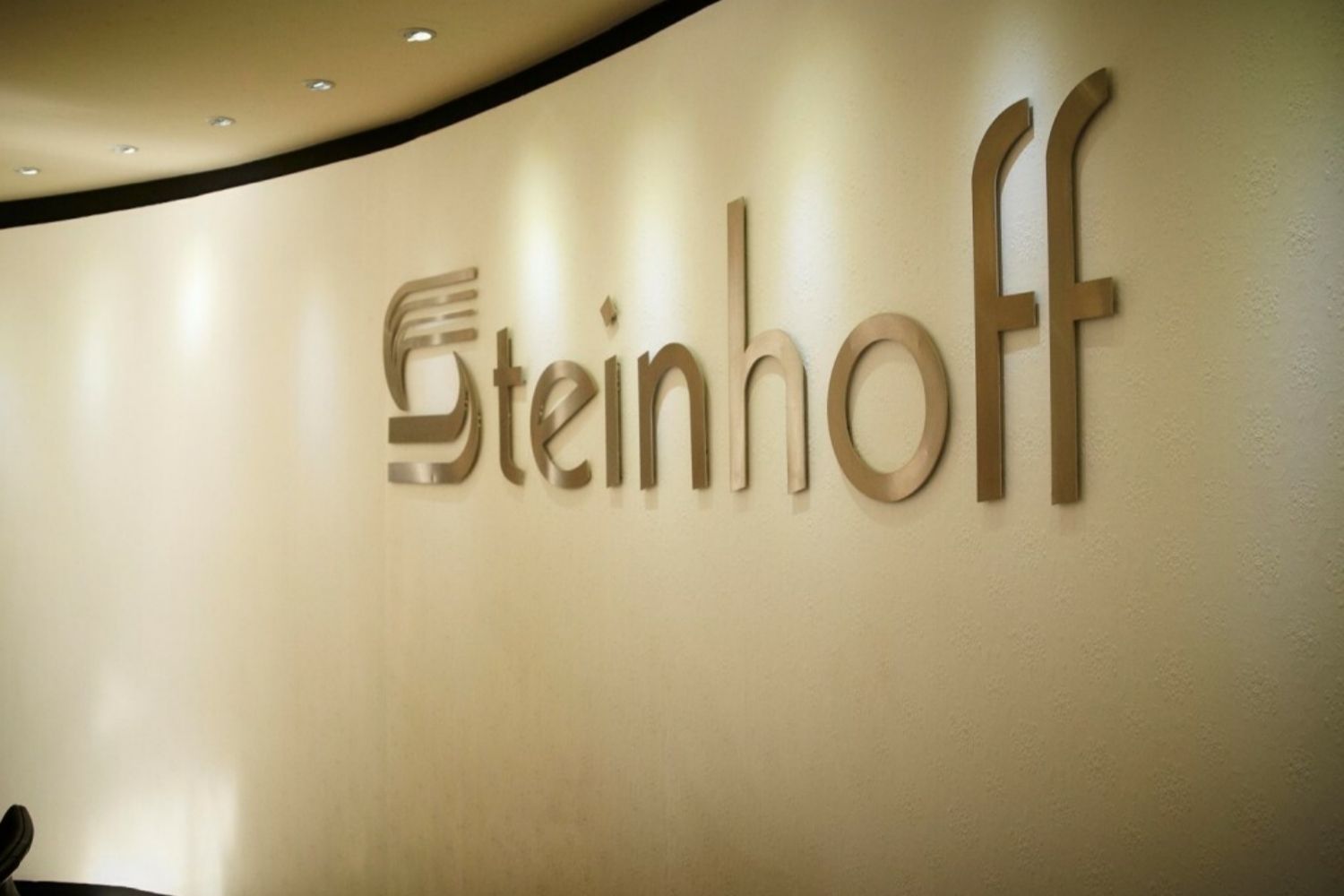Steinhoff finally scratched off the markets this week
The company will be delisted from the Johannesburg Stock Exchange.

Steinhoff. Picture: Supplied
Steinhoff will officially be off the books as of 13 October. This is the date set for the company’s liquidators to wind up what has been a long and painful battle for the disgraced retailer.
Its remaining assets are currently being sold, and the funds are used to pay off some of its debt.
After this, the company will also be delisted from the Johannesburg Stock Exchange.
It will be as if Steinhoff – once valued at over R200 billion – never existed in these markets.
ALSO READ: German arrest warrant issued for former Steinhoff CEO
Steinhoff’s dissolution was decided earlier in the year due to failed attempts by management to rescue it from the financial crisis.
The company had been undergoing restructuring to avoid bankruptcy, with over €10 billion in debt looming.
In the beginning
The company’s founder Bruno Steinhoff established Steinhoff in 1964 in Westerstede, Germany.
From around 1997, the company grew exponentially, acquiring other smaller furniture companies, including 35% of South Africa’s Gommagomma.
Then, from 2017 to 2019, managers at Steinhoff were suspected of engaging in accounting fraud by overstating revenues at company subsidiaries and failing to properly disclose financial information, potentially misleading investors and authorities.
This was one of the biggest accounting scandals of its time.
ALSO READ: Steinhoff still on life support
Steinhoff found itself in a tough financial situation with a massive debt of $10 billion.
They also faced potential legal claims against them, and their creditors stopped providing them with financial support.
Losses for lenders
This caused losses for lenders like Japanese-based bank Nomura and U.S. institutions, which had given Steinhoff a $1.9 billion loan.
On 5 December 2017, Markus Jooste, Steinhoff’s CEO, resigned due to the accounting irregularities. It was said he engaged in accounting fraud that saw him inflate the company’s financial numbers, leading to a massive stock value drop, investigations, and a $12 billion writedown.
Then, in 2018, Steinhoff negotiated a three-year delay in repaying their debts with their creditors.
In March 2019, Steinhoff published a summary of the PricewaterhouseCoopers report. The report found that a small group of former Steinhoff Group executives, along with non-Steinhoff executives, led by a senior manager, conducted deceptive transactions that significantly boosted Steinhoff Group’s profits and assets for an extended period by creating fake or irregular deals with seemingly independent third-party entities that were closely connected to the same group of individuals.
In late 2020, German prosecutors in Oldenburg indicted Jooste and three others due to the initial German investigation.
Assets seized
In October 2022, the South African Reserve Bank seized Jooste’s South African assets to investigate accounting irregularities. However, no criminal charges were filed in a South African court then.
The scandal led to over 90 separate lawsuits against Steinhoff by early 2021, filed by investors in South Africa, Germany, and the Netherlands, upset about the company’s share price drop after the December 2017 revelations.
In early 2022, Steinhoff finalised plans to compensate retail investors for the share price drop. They created a compensation fund of around R25 billion for this purpose.
For more news your way
Download our app and read this and other great stories on the move. Available for Android and iOS.









